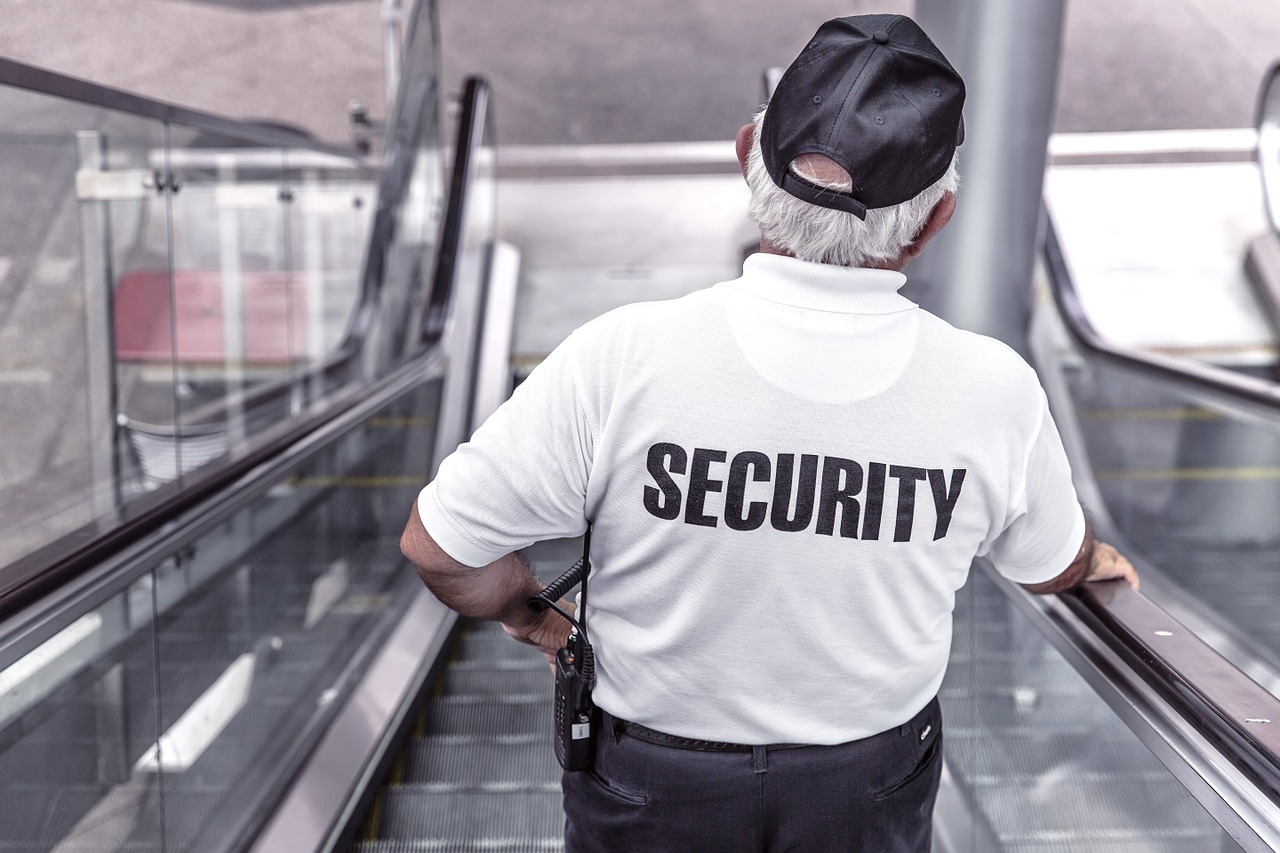When I hear about horrible things that happen to people, I often come up with some reason why it wouldn’t happen to me. I’d be smarter, more aggressive, more collected. When I do this I use the same part of my brain that thinks of awesome come backs after I’ve been left sputtering at the end of an argument. I’d like to think that I wouldn’t be as helpless and terrified as everyone else.
Of course, I would be. I have no training in managing hostile situations. I write about vaginas and stuff for the Internet; this does not lend itself to savvy survival tactics.
I’m also not physically intimidating in anyway; there are children who can pick me up. I go about my day-to-day life assuming most people can kick my ass, but that they simply choose not to.
So when people talk about owning a gun for protection, I kind of understand where they’re coming from. “Victim” has become a dirty word, even when it comes to things like cancer. Helplessness and vulnerability is un-American. We’re supposed to do everything in our power to not become a victim. We’re supposed to be self-sufficient and independent no matter the odds.
Having a gun shifts the odds. It can make you feel more powerful, more in control. Like having a large dog, traveling with a group of tough-looking friends, or even using a flimsy lock on a stall door, having a gun is associated with personal safety. It feels good to feel safe. It feels right.
Yet I’m reminded of the self-defense courses I’ve taken. I’ve been told to always check under my car and in the back seat, to take neither stairs nor elevators (escalators it is!), to find an alternative exit in every room I enter, how to get violent with people, to never help others, how to wear my hair, nails, shoes, the list goes on.
I took these courses to feel safer, and it felt empowering at the time. I was doing something to protect myself! I wouldn’t be a victim! But once I left these classes there was danger everywhere – under my car, in a stairwell, in a request for directions – and with it came the question of when I would need to use physical force, potentially anywhere, anytime, on anyone. The world at large had not changed during the brief training time, but suddenly I always needed to be on my guard, especially around those who were bigger and stronger than me (nearly everyone.) It was exhausting.
Carrying a gun not only means being prepared for dangerous situations, but also being watchful for one. It’s a mindset that both cultivates a sense of safety and, paradoxically, a sense of fear. If your gun is the only thing between you and your family and a hostile world, then you’re prepared… and framing the world as you and yours versus Them. The nebulous, faceless Them. They can be a particular demographic or even a hostile government. The danger is out there and safety is where you are armed. Of course you’d be against gun free zones, that’s like having a no self-defense zone. After all, They are irrationally hostile, driven by hate, and uncontrollable by law or man. Only violence equal to their violence will save you and yours.
I was checking for Them and preparing for Them when I went through my “self-defense” ritual. I was waiting for Them, thinking of Them, and most of all, fearing Them – the people who would harm me and mine. In this frame of mind, we are the good guys, the heroes of our own stories. When we can only trust ourselves, we must trust ourselves to make the right decisions, even in a life or death situation. Even if your only training is hitting a guy in a padded suit and writing about vaginas and stuff for the Internet.
Yet, we often fail to realize this is true of most people. Even Them. Who are these vigilantes and murderers except those who decided to take matters of life and death into their own hands because they believed it was them against the world? They are people who believe many things, but especially that their actions are justified.
When we look for Them to take a stand against Them, we are looking in the wrong places. The fact is that the vast majority of violence happens between people who know each other, yet we rarely load and carry a gun because we’re putting a specific person’s name and face to our fear. Despite our exacting standards to be on our guard, we usually miss the real danger.
So what now? Do we trim down our social groups? Limit our family gatherings? Stop going out entirely?
I think to live in a way we actually want to live we must let go of the idea of perfect safety coupled with perfect responsibility. I’m not saying we should dispense with safety and security measures all together, but to live constantly waiting for danger is what people do in war zones, and they have the mental scars to prove it.
I no longer go through my useless self-defense checklist, and I do not own or carry a gun. I continue to be small and weak and, so far, I’m fine. Strangers approach me for directions, help in the produce section, and, on one memorable occasion, tearfully, frightened, and alone. Perhaps it is because I’m non-threatening, and I prefer to be so. I don’t feel safe necessarily, but feeling safe may never be an option. Rather than setting myself up to fight against the world, I’m trying to be a part of it.



